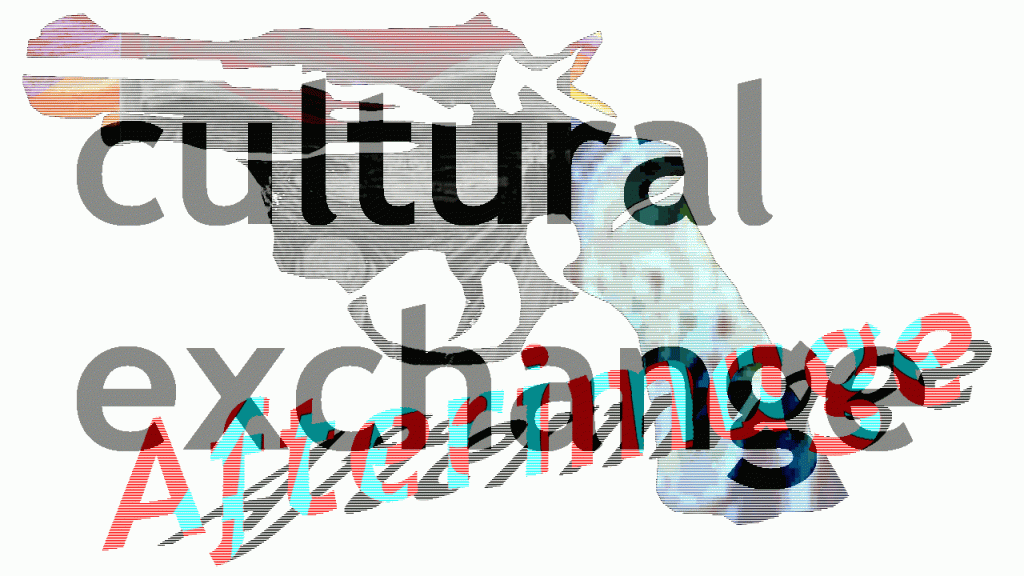Cultural Exchange Through Storytelling and Literature: Opening Doors to New Worlds
In a world that is becoming increasingly interconnected, cultural exchange has become more important than ever. It allows us to understand and appreciate different traditions, values, and perspectives. While travel has long been one of the most popular ways to experience different cultures firsthand, storytelling and literature also play a significant role in fostering cultural exchange.
Throughout history, storytelling has been an integral part of human culture. It serves as a vehicle for passing down knowledge, preserving traditions, and sharing experiences across generations. Whether it be through folktales, myths, or legends, stories have the power to transport us into new worlds while simultaneously connecting us with our collective past.
When we engage with stories from other cultures, we gain insights into their unique histories and belief systems. For instance, reading about Japanese folklore introduces readers to mythical creatures like yokai and yurei, providing glimpses into the country’s rich spiritual heritage. Similarly, exploring African folktales reveals the importance of oral tradition in passing down wisdom and moral lessons within communities.
Literature takes storytelling a step further by offering nuanced narratives that delve deeper into cultural complexities. Novels allow readers to inhabit the minds of characters from diverse backgrounds and explore their struggles, joys, hopes, and dreams. By immersing ourselves in these literary worlds created by authors from various cultures around the globe – whether it be Indian author Arundhati Roy’s “The God of Small Things” or Nigerian writer Chinua Achebe’s “Things Fall Apart” – we expand our understanding of humanity.
Through literature’s ability to capture universal emotions while reflecting specific cultural nuances simultaneously creates bridges between seemingly disparate cultures. Readers can identify with themes such as love, loss, identity crises regardless of their cultural background because these are inherent parts of being human.
Literary festivals have emerged as vital platforms for promoting cross-cultural dialogue through storytelling events featuring authors from different countries. These events bring together writers, readers, and industry professionals in a celebration of literature, enabling the exchange of ideas and perspectives on a global scale.
One such example is the Jaipur Literature Festival held annually in India. This festival attracts renowned authors from all over the world who engage in panel discussions, readings, and workshops. It offers a space for cultural exchange where attendees can learn about diverse literary traditions while also fostering connections between writers and readers.
Another initiative that embraces cultural exchange through storytelling is UNESCO’s World Book Capital program. Each year, UNESCO designates a city as the World Book Capital to promote books and reading by organizing various events throughout the year. These events often include author readings, book fairs, storytelling sessions for children, and exhibitions showcasing local literature and heritage.
Beyond festivals and programs dedicated to promoting literature, many organizations focus specifically on translating works from different languages into English or other widely spoken languages. This effort allows stories written in lesser-known languages to reach a broader audience globally, facilitating cross-cultural understanding through access to diverse narratives.
Furthermore, technology has played an integral role in democratizing access to stories across cultures. Online platforms like Project Gutenberg offer free electronic copies of thousands of books worldwide – both classics and contemporary works – making them accessible to anyone with an internet connection. Similarly, audiobook platforms like Audible have made it easier than ever before for individuals around the globe to listen to stories from different cultures.
In addition to accessing stories from other cultures through written texts or audio formats alone; multimedia adaptations have become increasingly popular as well. Films based on novels such as “Life of Pi” (based on Yann Martel’s novel) or “The Kite Runner” (based on Khaled Hosseini’s novel) allow audiences visually experience diverse settings while immersing themselves in compelling narratives rooted in specific cultural contexts.
Storytelling transcends language barriers by engaging our senses beyond words. Traditional performances like puppetry, dance, and theater offer unique cultural insights that go beyond what can be expressed through the written word alone. Attending a traditional Balinese shadow puppet show or watching a classical Indian dance performance provides an immersive experience that allows us to appreciate the richness and diversity of different cultures.
In conclusion, cultural exchange through storytelling and literature is a powerful tool for fostering understanding, empathy, and connection between people from diverse backgrounds. Whether it’s reading novels from different cultures, attending literary festivals or events promoting cross-cultural dialogue, or engaging with multimedia adaptations of stories – these experiences open doors to new worlds while breaking down barriers that divide us.
By embracing the power of storytelling and literature as avenues for cultural exchange, we can collectively work towards building a more inclusive world where diverse perspectives are celebrated and understood. So let us immerse ourselves in stories from around the globe and embark on a journey of discovery that enriches our lives while fostering global harmony.

Leave a comment